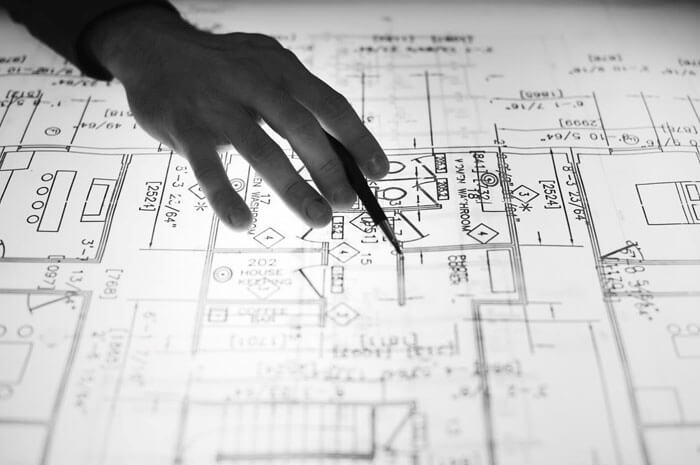Preparation – Do your research! Google the company online, talk to anyone you know who already works there and digest any literature you have. Your dedicated consultant will be full of knowledge and won’t mind if you grill them for further information. It’s also worth preparing answers to standard question, such as: what are your strengths and weaknesses? Why do you want to work here?
Bring your CV and interview pack – Once you’ve received your Guyan & Associates interview pack, check you are happy with the information on your CV. Always take the pack along to the interview and refer to you CV to keep you on track while you talk job history. You’ll also find note paper and a pencil in your pack – perfect for taking any relevant notes on things discussed during the process. Don’t forget to bring any design work or portfolio, if applicable.
Think of some relevant questions – In nearly all interviews you will have the chance to ask your own questions. Take full advantage of this by preparing smart questions in advance, such as: company structure, who would you be working with, company history, turnover and size, and about future progression. This will not only impress the hiring manager, but will help you figure out if this is the perfect fit for you.
Plan your journey – Familiarise yourself with the location of your interview, prior to the day – you can even do a test run the night before so you’re confident you know the route and where to park. Ensure you calculate the length of time it will take you to get there, and allow extra time in case of traffic and parking issues. If you’re happy to wing it on the day, don’t just rely on your smartphone for directions – technology can malfunction, so printing directions is always a good back up plan.
Punctuality – Is a must! Arrive ten minutes early to allow time to relax and gather your thoughts, too early can also be considered rude and put pressure on the interviewer, so if you are exceptionally early wait outside or camp out at a local café.
Dress to impress – Smart clothing is essential in making a great first impression. Polish your shoes, make sure your suit has been dry-cleaned (in advance) and check you don’t have unknown tiny Weetabix handprints on you when you leave the house. All documents (CVs, portfolio etc.) should be neatly stored in a briefcase or bag. Avoid cartoon ties, excess jewellery or heavy makeup.
Do the sniff test – Avoid smoking just before any meeting, equally strong foods, coffee or that quick half a pint for Dutch courage should be avoided. Any adverse smells can be intoxicating in a close room.
Befriend the receptionist – They are generally the eyes and the ears of the company, so take time to be polite, perhaps ask how long they’ve worked for the company and what type of company they are like to work for.
Shake hands with confidence – It is common practice to shake with your right hand, a nice firm grip (not squeeze) whilst looking in to the recipients eyes. A lacklustre handshake can often be perceived as a lack of confidence and enthusiasm, and can be a big no-no in an interview situation.
Positive attitude – Come with your A game! Confidence, a positive attitude and a genuine interest in the role will set you apart from the competition. So even if your skillset matches the other candidates, your passion will stand you apart! Smile, consider the words you use and take care not to be slanderous towards your current employer. A positive attitude develops a positive atmosphere.
Consider the interviewer – The interviewer may also be an employee, it’s worth asking them a bit about themselves, their background, their progression within the company, how long they have worked for the company etc. Not only will this give you a greater understanding of the opportunities available but it will also help you to build a rapport. But be careful to politely ask and not to drill. Remember, the interviewer may also be nervous too!
Close – When the interview has come to an end, use the opportunity to ask the interviewer if they have any reservations about you, a more relaxed way to asked this could be: “can you see me fitting in (Company name)” or perhaps asking what the next stage would be and letting the interviewer know that you are very keen on the role.
When to discuss package – When it comes to salary, the best place to start is with your dedicated consultant. They will give you an honest and realistic idea of salary expectations. Quite often, the perception of where to start negotiations is clouded and your consultant can help you get a clearer picture – taking into account everything the role has to offer including: basic salary, bonus schemes, car package, holiday entitlement, pension and flexible working.










